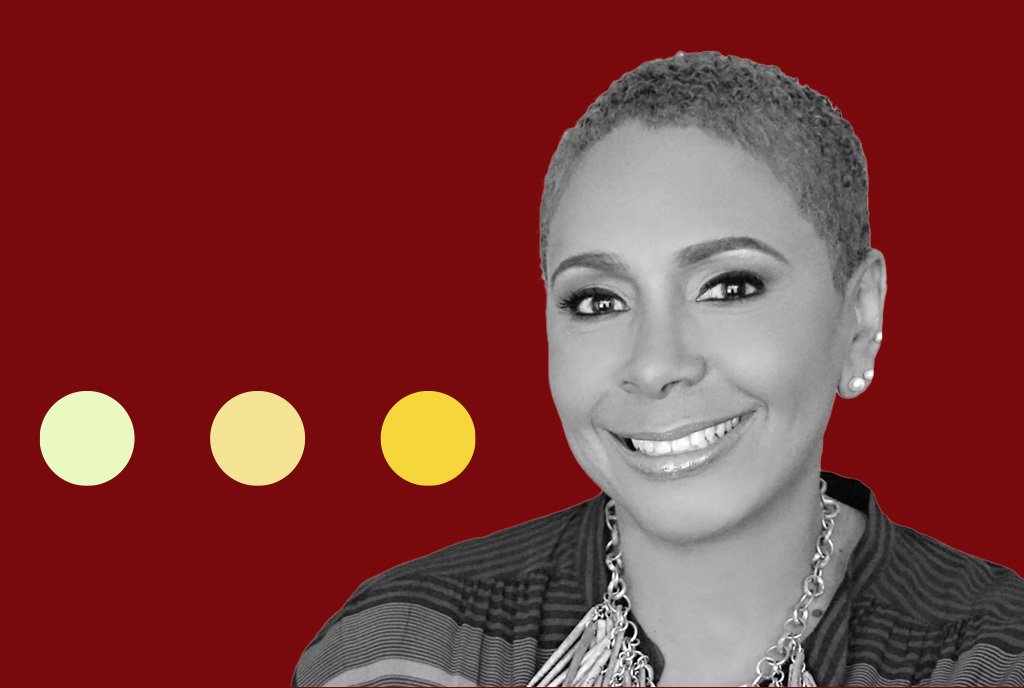OPINION:
Alarm bells are ringing in the nonprofit community after the recent news that charitable giving fell in America in 2022. The drop, which measured 10.5% in inflation-adjusted terms, marked only the fourth time in four decades that year-over-year giving has declined.
Nonprofit organizations and policymakers must look for ways to halt the dip before it becomes a trend. Charitable giving provides essential resources to those in need, funds scientific research, fight deadly diseases, and brings Americans of all persuasions together in support of countless worthy causes. Americans have long been celebrated as among the most generous donors to charities in the world.
Yet in 2022, for the first time this century, fewer than half of Americans donated to a nonprofit organization. One way to encourage more people to give is to improve protections for donors.
In today’s age of social media-fueled cancel culture, Americans are rediscovering the importance of privacy. Many will not get involved in their communities if doing so puts their privacy at risk or, worse, puts a target on their backs. No one should endure harassment and retaliation at their homes, workplaces, on online because of their giving choices.
Most charitable donations are reported to the IRS but kept confidential from the public. At least that’s how it is supposed to work. Unfortunately, federal law and many states fail to safeguard sensitive nonprofit donor information such as the names, home addresses, and employers of those who give.
Leaks, hacks, and extralegal demands from government officials have resulted in the public exposure of numerous charities’ donor records in recent years. Often, these acts appear politically motivated. Take, for example, the hacking of a crowdfunding platform used to support the 2022 Canadian truckers’ protest and the invasive reporting that followed. Or the New York Attorney General Office’s leak of the donor records to Nikki Haley’s nonprofit, Stand for America.
Other times, Americans’ personal information is exposed as a result of pure carelessness. California, one of four states that demanded nonprofits expose their supporters to state officials until the Supreme Court intervened and halted the practice in 2021, posted the donor lists to nearly 2,000 charities on a public website.
These records hand a road map to bad actors who wish to harm backers of causes they oppose and exploit the sensitive personal information of individuals who support charities doing important work in communities across the country.
The Supreme Court’s 2021 decision shutting down California’s dragnet, Americans for Prosperity Foundation v. Bonta, was a watershed moment. The court reasserted Americans’ right to support a cause without being tracked by state officials. Since then, 17 states have reformed their laws to better protect the privacy of nonprofit supporters.
Despite this progress, there’s still a long way to go to restore the donor privacy rights that Americans once took for granted. Congress has not yet passed legislation to codify the court’s ruling and shore up protections for nonprofit donors. Many states have donor disclosure laws on their books that are likely unconstitutional after the aforementioned ruling.
Legislatures have tried entrusting the courts to enforce donor privacy protections for too long. It hasn’t worked. The court first ruled that nonprofits could keep their member lists private from state officials in a famous and unanimous 1958 case, NAACP v. Alabama. Yet even that precedent did not stop California, Hawaii, New Jersey or New York from demanding charities’ donor lists in the 2010s.
Policymakers must take the reins and ensure that AFPF v. Bonta does not erode over time like previous victories. Proactive legislation safeguarding donor privacy is needed.
One option is the American Confidence in Elections Act, which would prohibit federal agencies from making improper demands and disclosures about Americans’ support for nonprofit causes.
Many factors could help boost charitable giving going forward. The stock market, inflation, and other economic headwinds will naturally be critical. Policymakers are not powerless, however, to encourage Americans to get involved and donate to worthy causes.
Now is the time to halt the decline in charitable giving and reinvigorate philanthropy by repairing the law’s protections for those who give. Every American’s right to privacy is worth defending.
• Heather Lauer is the CEO of People United for Privacy, a nonprofit that defends the First Amendment rights of all Americans — regardless of their beliefs — to come together in support of their shared values.
Credit:Source link



